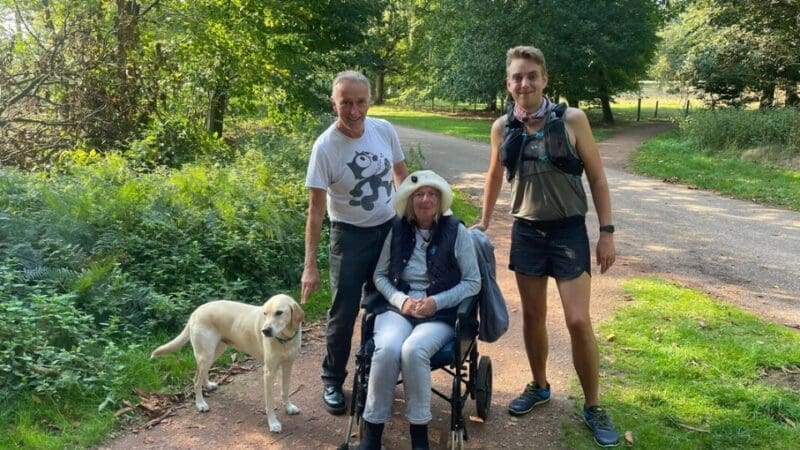Aromatherapy is an ancient practice that uses scented essential oils from plants, flowers, herbs and trees to improve mental and physical health.
It works by stimulating the olfactory receptors – the cells responsible for our sense of smell – that in turn stimulate the parts of the brain that relate to our wellbeing.
For example, lavender oil is considered to promote sleep; lemon balm, when used as a lotion, is thought to induce feelings of calm; and eucalyptus oil is good for cold symptoms.
The oils can be added to baths, sprinkled on pillowcases and tissues, warmed in an oil burner or massaged into the skin, combined with a ‘carrier oil’ like grapeseed or almond oil.



